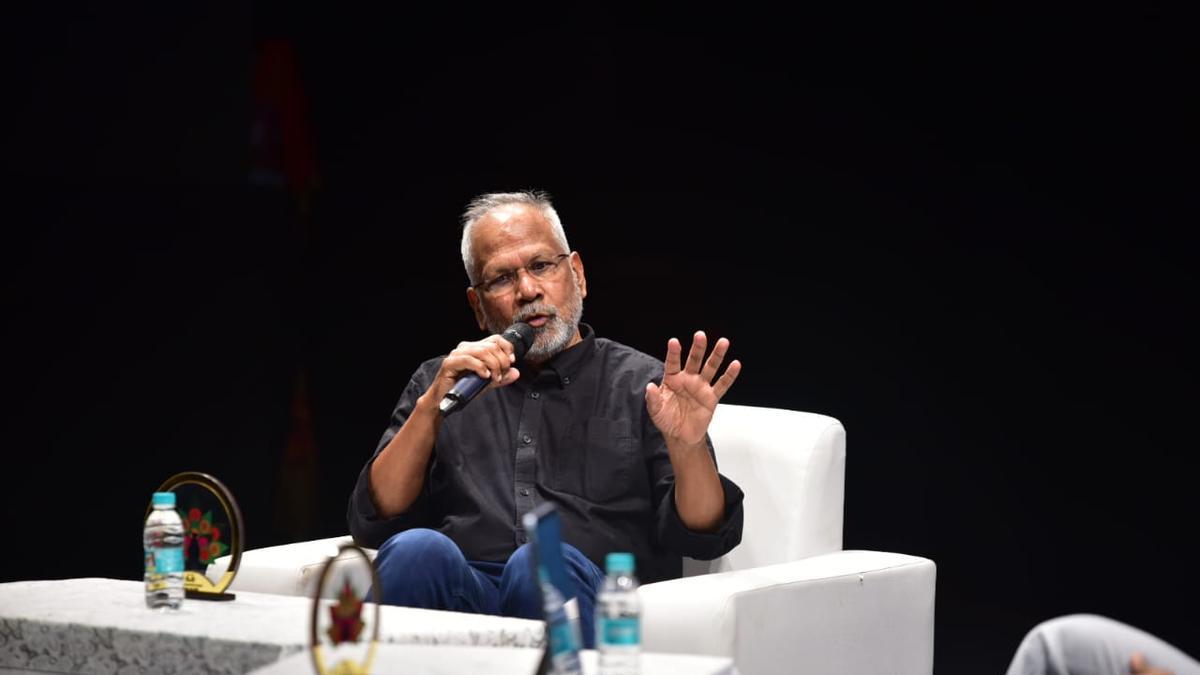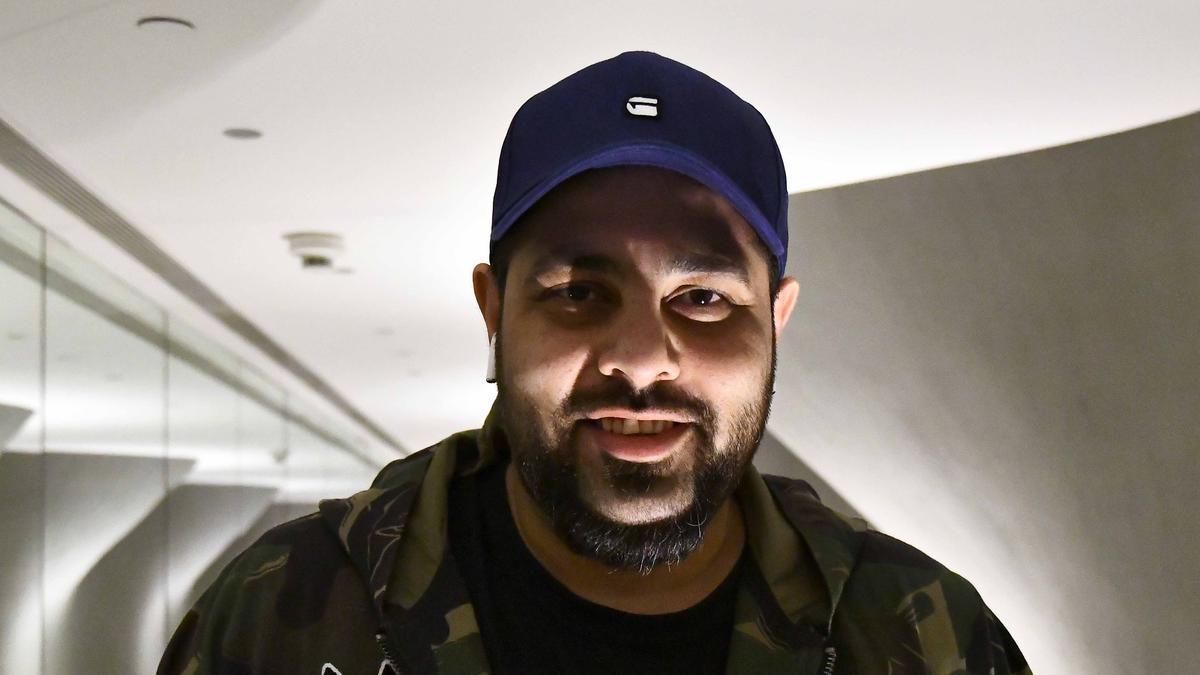
It’s the end of an era for a show that has generated laughs, cringes, and an endless supply of quotable moments for over two decades. “Curb Your Enthusiasm,” the enduring American sit-com, took its final bow after twelve exceptional seasons. The much-anticipated series finale aired on HBO this Sunday, delivering a feast of humor and nostalgia for its devoted audience.
The series, masterminded by Larry David, the co-creator of “Seinfeld,” saw its last episode brimming with references that brought viewers full circle. Larry David, who plays a fictionalized version of himself, is renowned for his acerbic wit and the uncanny ability to turn everyday life into a minefield of social faux pas. Over the span of twelve seasons, “Curb Your Enthusiasm” skillfully intertwined improvised dialogue with intricate storylines, a formula that rendered the show a staple in American television comedy.
In a move that die-hard fans of David’s work could appreciate, the series finale of “Curb Your Enthusiasm” served as a sly commentary on the polarizing finale of “Seinfeld” from 1998. That episode, which some fans found underwhelming, saw the core quartet jailed for their moral shortcomings, a bold twist that has remained a controversial topic among the show’s followers.
The final chapter of “Curb” sees Larry attending a birthday gala in Georgia for a wealthy devotee of his work. Accompanied by his ever-present sidekick, Leon (played by the effortlessly comical J.B. Smoove), Larry encounters a series of mishaps, starting with an arrest for violating a curious local ordinance. This narrative arc echoes the finale of “Seinfeld,” with legal troubles and a court case driving the plot.
Throughout the final season of “Curb Your Enthusiasm,” the specter of Larry’s impending trial serves as a comedic throughline, culminating in the climactic moment where, in a twist of fate, Larry is spared prison time. A breach of protocol by a jury member renders the verdict void, and it’s none other than Jerry Seinfeld who appears to escort Larry from the precinct, an instance of life serendipitously imitating art.
In a relieving exclamation, Larry remarks, “This is how we should have ended the finale” – a direct wink at the much-debated conclusion of “Seinfeld.” That the show should finish with such self-referential humor is fitting for a series that has always reveled in blurring the lines between Larry David the person and Larry David the character.
“Curb Your Enthusiasm” has not only been a display of Larry David’s idiosyncratic brand of comedy but has also acted as a platform for numerous guest stars and cameos by celebrities often playing ramped-up versions of themselves. This formula has contributed to a dynamic and ever-unpredictable sequence of events that fans have come to cherish.
As viewers bid farewell to a show that consistently broke conventional sitcom molds, it’s not just the laughs that they will recall, but the show’s fearlessness in grappling with sensitive topics, its unapologetic political incorrectness, and its unique storytelling craftsmanship.
The discussions around the end of “Curb” will likely echo those that followed the “Seinfeld” finale years before, and this parallel is almost certainly by design. With a final jest, Larry David exits the television stage (for now), leaving behind a legacy of laughter, cringe-worthy confrontations, and a deep appreciation for the comedy inherent in life’s most mundane moments.
HBO has yet to comment on the future of its comedy line-up post-Curb, but one thing remains certain: “Curb Your Enthusiasm” has etched its name in the pantheon of television legends, and like the best of them, it’s gone out on its own, unmistakably Larry David, terms.










